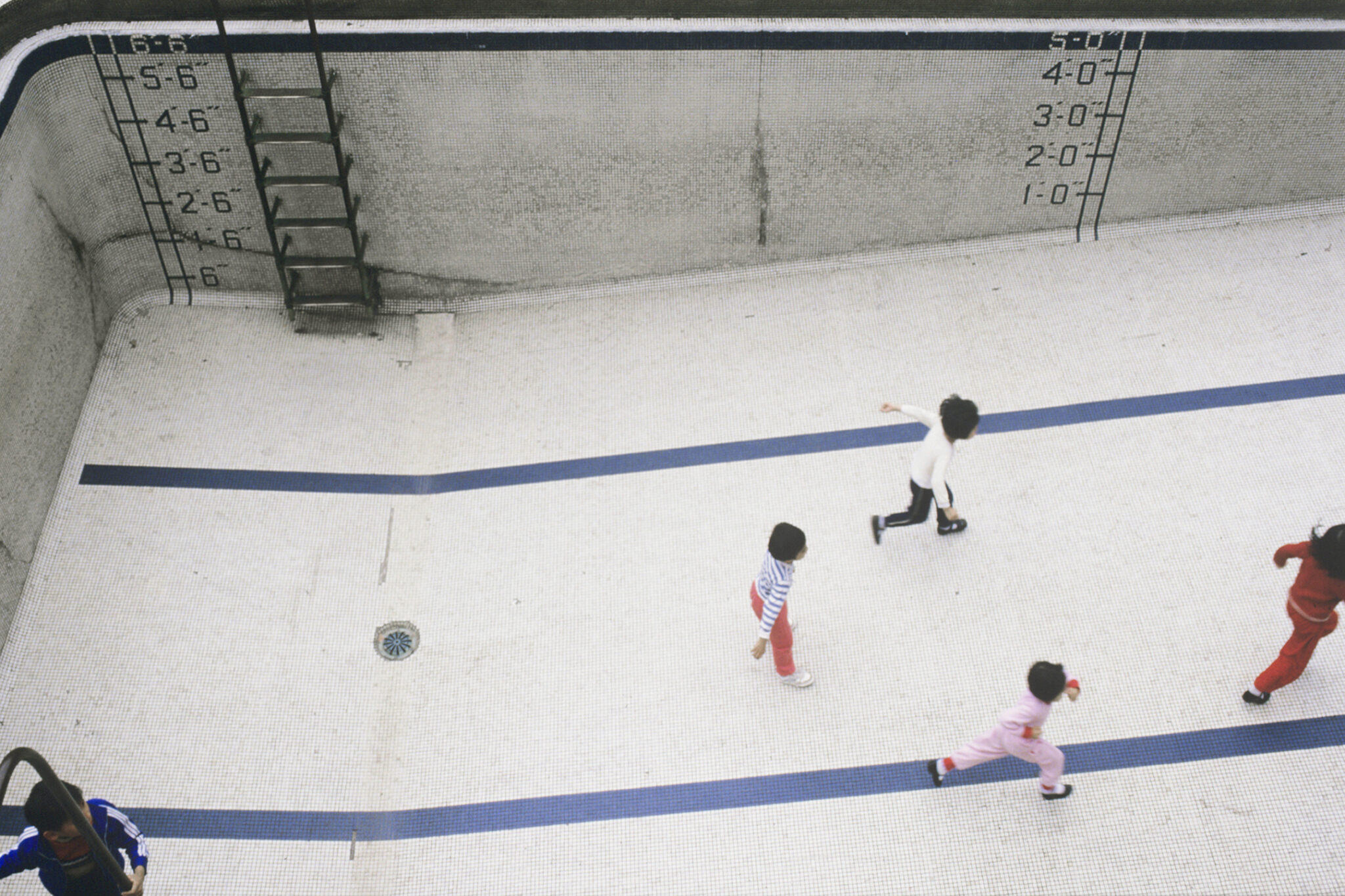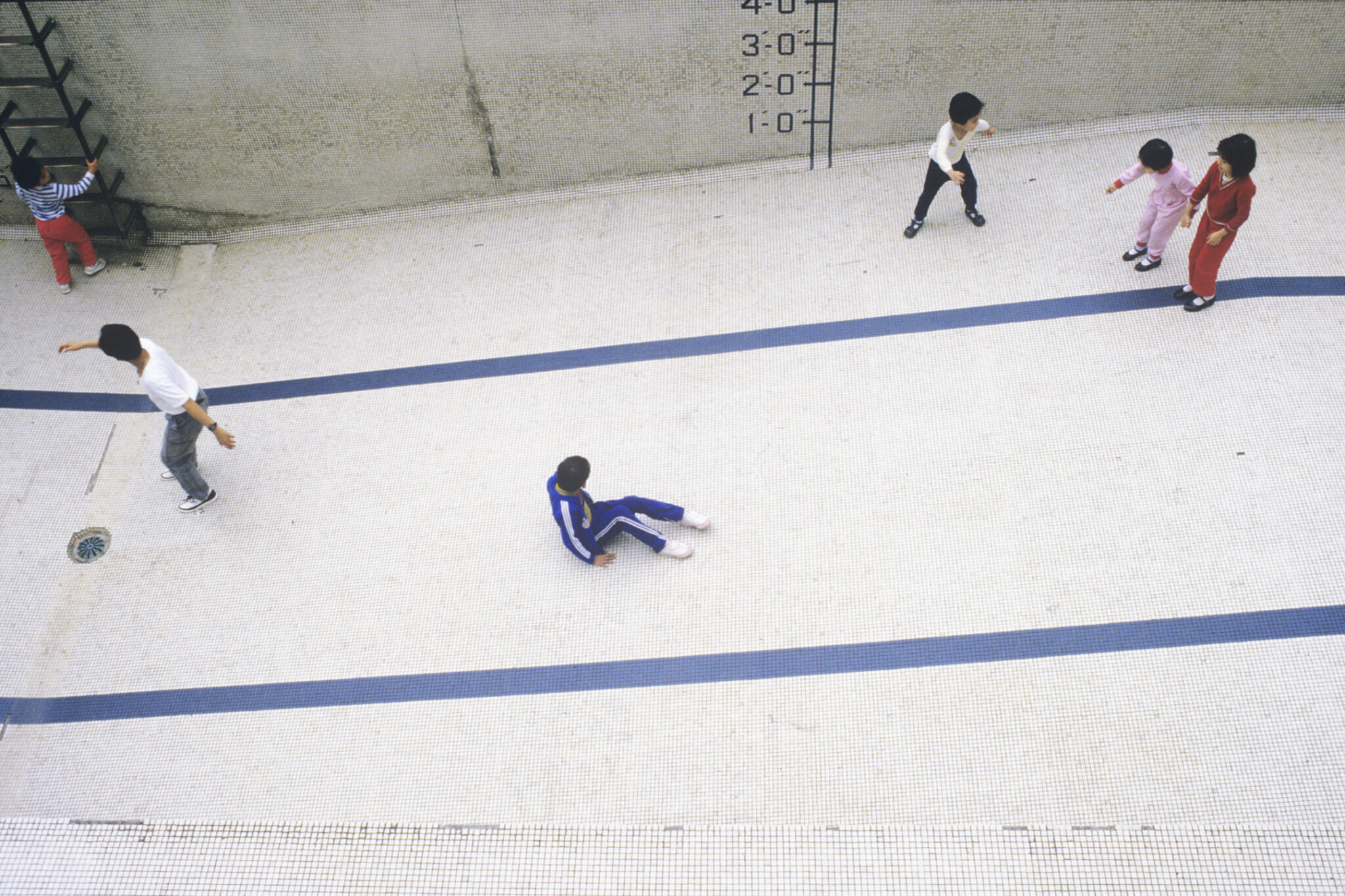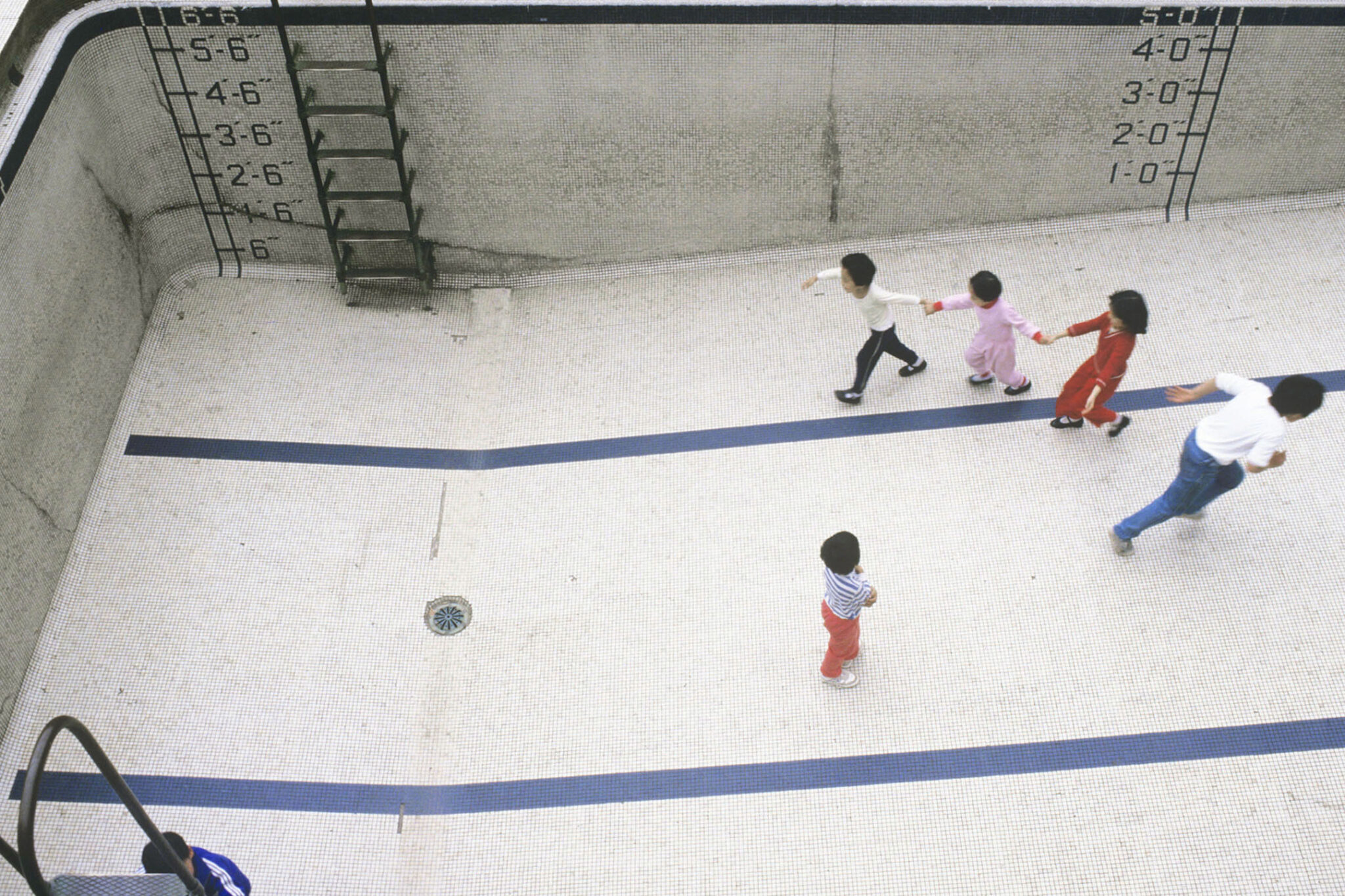The Chorus
As the only Jew in my class, it fell to me to introduce the single Hanukkah song included in the annual winter concert at Randolph Elementary. All I had to do was approach the microphone and name the preceding song (That was “Silent Night”) and say what we were singing next (Now we will present “Hanukkah, Oh Hanukkah”) and then return to my place on the metal bleachers which had been set up in the cafeteria for the performance. I wasn’t a shy kid, but this task absolutely terrified me, and I worried about it for weeks in advance of the concert. As soon as I knew the names of the songs in question, I would lie awake at night practicing, repeating the words so often their sense dissolved. Sometimes I would wake my parents up and tell them, tears in my eyes, that I just couldn’t do it, that this time I was too frightened, and they would gently remind me that I’d said the same thing the previous year. Benner, my dad would say, you always do great. Benner, it’s important to participate. Now a parent myself, I assume they discussed whether they should talk to my teachers and relieve me of this burden or whether I needed to face my fears, gain experience. I’m not criticizing them, but it’s horrible to separate from a chorus, to address a crowd of elders, and then return to the group and sing, although really I just mouthed the words, afraid my voice would be conspicuous. There is always a gap between songs, traditions, and a child must bridge it (or there will be violence) and that’s what the songs themselves tell us if we listen. I love the popular song where the singer talks about how her tears are hidden by the rain, the song of the individual and collective, lyric and epic, and I’d like to sing it for you now, but I can’t, all I can do is introduce it, reintroduce it like a threatened species into the alders, the poplars between us. That was “The Little Drummer Boy” and this is sense behaving like a liquid, assuming the shape of its container. My Little League pitching coach, Bob Lolly, is the one who first called me Benner. The league was incredibly competitive, overserious. Did a nine-year-old really need a dedicated pitching coach, home and away uniforms, fitted caps embroidered with our initials? (Bob Lolly was a powerful figure for me because he always claimed that he could teach me an unhittable curveball, but that he wouldn’t, because it would damage my developing arm and ruin my long-term athletic prospects.) Our games were rituals in which sons were reduced to tears by fathers: when a kid struck out, an (often beer-drunk) father would tell him to get his head out of his ass, to get in the fucking game, to keep his eye on the ball, etc., and the son would return to the dugout in shame, sit apart from his teammates and cry, rivulets forming in his eye black. But not me: my dad would applaud no matter what, even if I struck out swinging wildly at a pitch in the dirt: Great swing, Benner, you’ll hit it next time! I love you! I’m not criticizing him, but these expressions of support humiliated me, marked me as different. The worst experience of my time in Little League, what more or less ended it, was when all my dad’s siblings flew in from the coasts for my older brother’s bar mitzvah and attended, over my objections, a game where I was pitching. Despite Bob Lolly’s guidance and exhortations, I could not throw a strike. And yet every pitch I threw resulted in wild applause from my people in the bleachers, rattling me more and more, until I was walking in runs, hitting batters, but Lolly wouldn’t pull me from the game, given that my family was visiting from far away, even though we needed the win for our rankings, even though my teammates and their parents in the stands were seething. Finally, he called a time-out and jogged out to the mound and said to me: Benner, I am going the way of the earth and you should strengthen yourself and become a man. The way the Torah is to be sung is inseparable from its sense, that’s why proper cantillation was taught to Moses with the vowels, although some of the original tune has been lost, there’s a gap now—a gap in song is called a rain delay—and you must inhabit it, let your body be the bridge. My daughters, ages five and seven, recently noticed my parents calling me Benner when we were in Sanibel and they found it hilarious. At first my kids only called me Benner as a joke, would say it and crack up, but soon it became a habit and they’d say it without trying to be funny. Benner, can I have a snack. Benner, I had a nightmare, will you stay with me for a while. Benner, where is Mommy. My children aren’t really Jewish—their mother is a nonpracticing Catholic—but we celebrate Hanukkah, we sing Hanukkah songs together, although I often have to make up the lyrics. For some reason I cannot remember words set to music, a fact that has always troubled me, since most people experience music as mnemonic. If I want to learn a song, I have to learn it in two parts, on two tracks, committing the words to memory first and then the melody, which is why I don’t know any songs to speak of, why I’m always speaking of song instead of singing, and how I’ve come to introduce false songs to my children; one day they will discover that the lyrics aren’t timeworn, haven’t circulated. That was “Joy to the World” and this a Torah portion about parallel mirrors sung in the perfect pitch our fathers withheld from us, not because they didn’t want us to have it, but because they didn’t think we could handle it, they feared it would ruin the long-term prospects of our voices, that it would be better for us to discover the secret on our own—or not discover it, not discovering it is fine, too, Benner, it’s really up to you. If you are feeling so crumby about the concert that you want us to ask Mr. Holloman to make another arrangement, we will. We hear you that you’re upset and we’re willing to do that and we’re sure he’d understand. But it’s late—we can’t call him now—and you might feel differently in the morning. What I’ve learned is that the hardest part of the winter concert for you is the worry itself—that once you get up there on the stage you do a great job and you have a good feeling afterwards. But, like I say, it’s up to you. When I was a kid, my dad was way too intense about this kind of thing. There used to be an annual school musical in which everybody had to participate and even though I’d always get a tiny role, often not even a speaking part, just kind of had to skip around the stage in a costume, I’d get really nervous. I wouldn’t have ever thought to share that anxiety with my dad, who would have given me some speech about representing the family, honoring the family, being a man, getting in the game, which for him meant withholding. For him, for Grandpa, withholding was the task that falls to each generation like rain, like tears (rhymes with “cares”) in rain through which the sense escapes, you have to catch it on your tongue, you have to participate, that’s what his father had always said to him. But I understand that—while the introduction just takes a few seconds to deliver, while Hanukkah isn’t even a major holiday—the worry can last ten thousand years, that’s the miracle. Your mom and I are fine with whatever you choose, we’ll be proud of you either way. But you do have to choose.
Barbara Bloom is an artist whose highly visual conceptual works and books have been shown internationally.
Ben Lerner is the author of seven books of poetry and prose, as well as several collaborations with visual artists.
The above is an excerpt from Gold Custody, a collaboration between Bloom and Lerner, which will be published by MACK next month.



